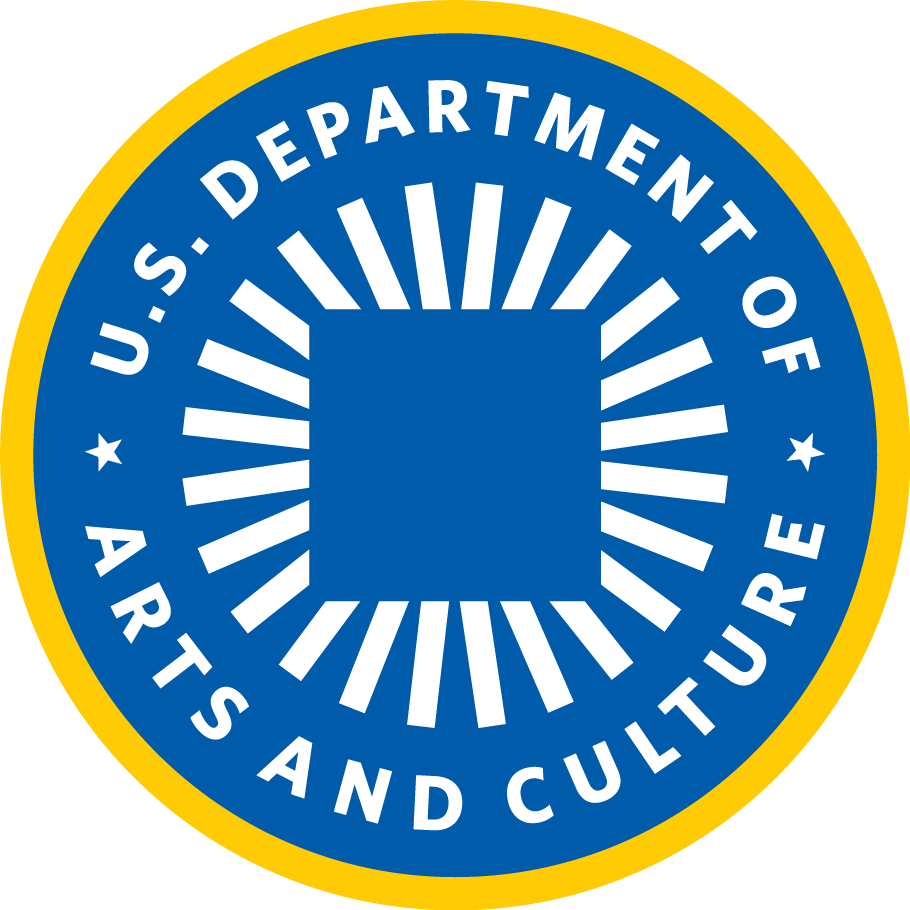Kevin McPheeters
Link: https://fb.watch/4tOTX4Bzu-/
So relating this to COVID-19 is part of the challenge for me here. At the beginning of this pandemic, it reminded me and other people in one of my communities, because I feel like I belong to a few communities, but my other gay friends, this reminded us of the AIDS epidemic when it first began. There was a lot of misinformation, a lot of disinformation, and a lot of struggling just trying to figure out just what this was going to mean for our lives.
There was a lot of bias and, I think generally, kind of...hateful disagreement in the midst of this. When I was in San Francisco living during the AIDS pandemic that was begun in the early 80s there, one of the most powerful things that I saw was the AIDS quilt being created as kind of an outlet for people’s grief. It is one of, to this day, one of the most amazing things I have ever seen. To see the construction of different quilts, there was a spot on Market Street in San Francisco that was like an art center to construct. They had fabric, they had sewing machines, they had people directing people to help them create the quilts. It was an amazing outlet for people to remember people who had died.
And to see that laid out, ultimately, on the Mall in Washington DC, a number of years ago now, probably twenty years ago, was the last time I think it was fully laid out. Was one of the most remarkable, and moving, things that I have seen. I am hopeful in some ways that there is some kind of outcome to this same pandemic that we are in, that there will be some kind of outlet.
You know, we’ve got half a million people at least affected here; well, more than half a million affected, half a million who have died. So remembering them in some way, artistically, in some way I think, is a really powerful and moving thing.


